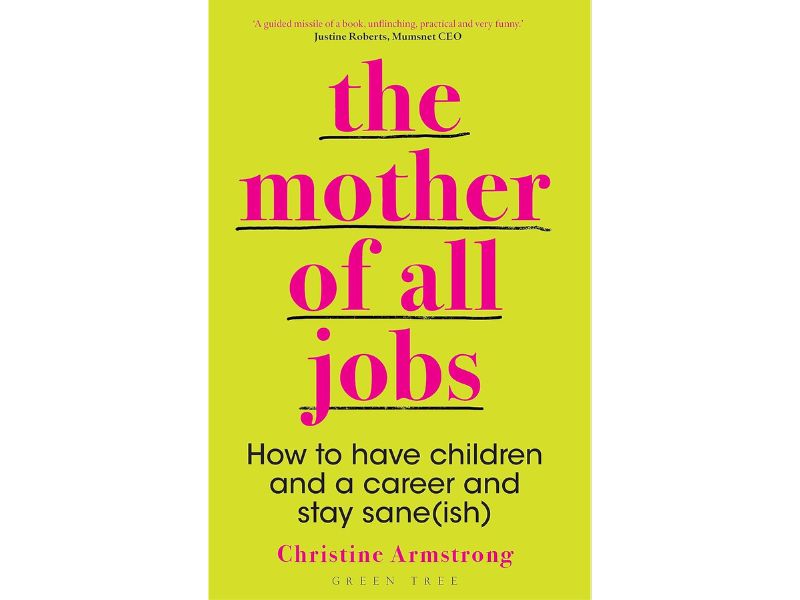
C.S. Lewis said: “You can’t go back and change the beginning, but you can start where you are and change the ending.”
Many successful women believe that having an eye on the ending is vital if young women are to take the right decisions at the start of their working lives and reach their real career potential. With the gender pay statistics released in April 2018 showing that 78% of companies and public-sector bodies pay men more than women, clearly something needs to be done to help bridge this gap.
So, is one of the solutions for women to plan their career backwards? If so, what does this mean? When developing “The Secrets of my Success” a special guide featuring careers advice from 10 highly successful women, a number mentioned this approach. These included Roberta Jacobs who is a firm advocate of ‘planning backwards.’ Roberta has 20 years director-level executive experience working with a range of companies from Fortune 500 players to exciting start-ups, including Viacom’s MTV, Nickelodeon, Paramount Pictures, Sega, Mattel and American Express. She argues that women need to “take time, frequently, ideally daily, to imagine your life and career from ‘the end’ working backwards to where you are. Then move forward.”
Such an approach is very practical as people who have a clear vision of their dream end career, can then, by planning backwards, identify the education and experience they will need to acquire at each step of the way en route to that dream role. It will help them determine the roles they accept, the skills they develop, the experience they seek out and the additional training they go for. Having mapped the route, they should keep the backwards career path visible and check in with it regularly to make sure they’re on track.
Debbie Edgar, CEO of Dragon Infrastructure Solutions – one of the few companies allowed to connect major construction projects to the national grid – agrees that you need to have the end game in mind. Her advice to women is: “Know what your ultimate goal is. It’s the only way to ensure that all your decisions, actions and resolutions are undertaken with that outcome in mind.”
Salary is one key decision area. The latest Norrie Johnston Recruitment salary research shows that even among senior female candidates there’s a discrepancy between what women and men expect to be paid for the same job. For instance, when comparing average salaries of non-executive directors, there is a difference of 25% between the typical salaries expected by men and women. For Finance or Chief Finance Officer roles there’s a 14.5% difference, in customer service the difference is a massive 22% and there continues to be a double-digit difference among senior sales and operations roles.
Dr Sue Black, the technology evangelist and digital skills expert who in 2016 was awarded an OBE for services to technology, thinks that to avoid finding themselves in this position later in their careers, young women need to aim high from day one. She suggests that for some jobs – typically experienced-hire positions a woman will be asked about her salary expectations. In such situations women should find out what a typical salary would be for the job in question, then ask for 10% more. “This is particularly important when you’re starting your career – the difference of a few thousand pounds when you’re 21 can turn into 20, 30 or 40 thousand difference later in your career.”
As part of backward career planning, many successful women also recommend using mentors, arguing that having someone who is already where you want to be – and drawing on their 20:20 hindsight – can help with confidence and early career decision-making. Indeed, Dr Sue Black recommends finding a such a person very early on in a career. “Find someone like minded to be a suitable mentor – take into account what your strengths are and what subjects you like most when choosing a career, then find at least one mentor. This should be someone who is in the kind of job you want to be in but who is further along the career path and, crucially, someone who has a similar outlook on life and with whom you have shared values. You’ll then have someone you can turn to for careers advice from day one.”
Planning a career backwards is just some of the advice featured in our guide called “The Secrets of My Success” which is free to download here
 About the author
About the author
Graham Oates is Chief Executive of Norrie Johnston Recruitment.
Norrie Johnston Recruitment is a senior executive search and interim management agency. To find out more visit: www.NorrieJohnstonRecruitment.com








